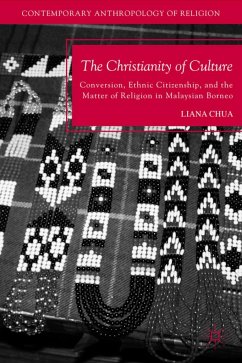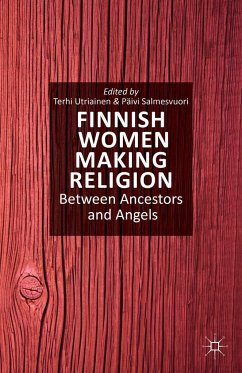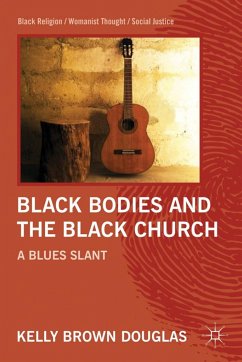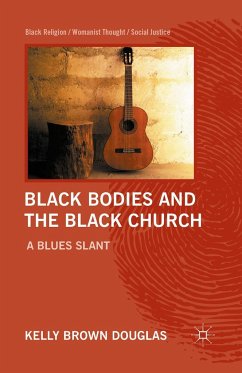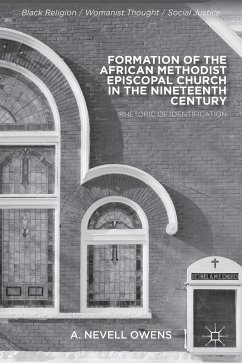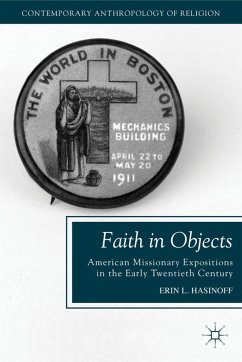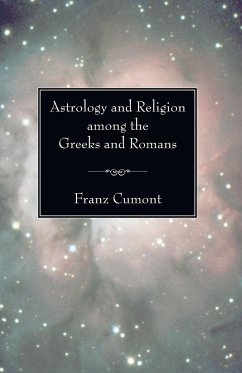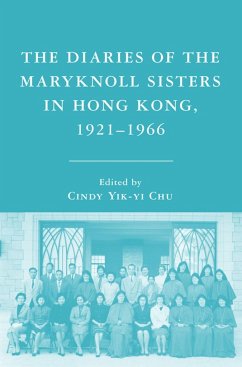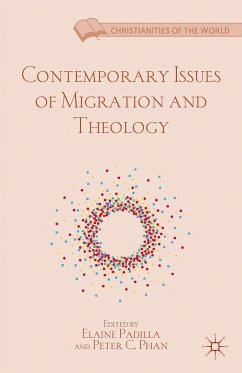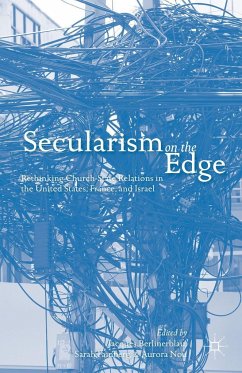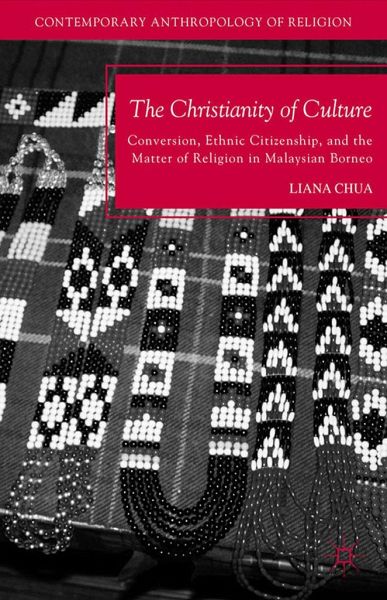
The Christianity of Culture
Conversion, Ethnic Citizenship, and the Matter of Religion in Malaysian Borneo
Versandkostenfrei!
Versandfertig in 6-10 Tagen
38,99 €
inkl. MwSt.

PAYBACK Punkte
19 °P sammeln!
In this richly contextualized study, Liana Chua explores how a largely Christian Bidayuh community has been reconfiguring its relationship to its old animist rituals through the trope and politics of "culture." Placing her ethnography in dialogue with developments in the nascent anthropology of Christianity, Chua argues that such efforts at "continuity speaking" are the product not only of Malaysian cultural politics, but also of conversion and Christianity itself. This book invites scholars to rethink the nature and scope of conversion, as well as the multifarious, yet distinctive, forms that...
In this richly contextualized study, Liana Chua explores how a largely Christian Bidayuh community has been reconfiguring its relationship to its old animist rituals through the trope and politics of "culture." Placing her ethnography in dialogue with developments in the nascent anthropology of Christianity, Chua argues that such efforts at "continuity speaking" are the product not only of Malaysian cultural politics, but also of conversion and Christianity itself. This book invites scholars to rethink the nature and scope of conversion, as well as the multifarious, yet distinctive, forms that Christianity can take.



